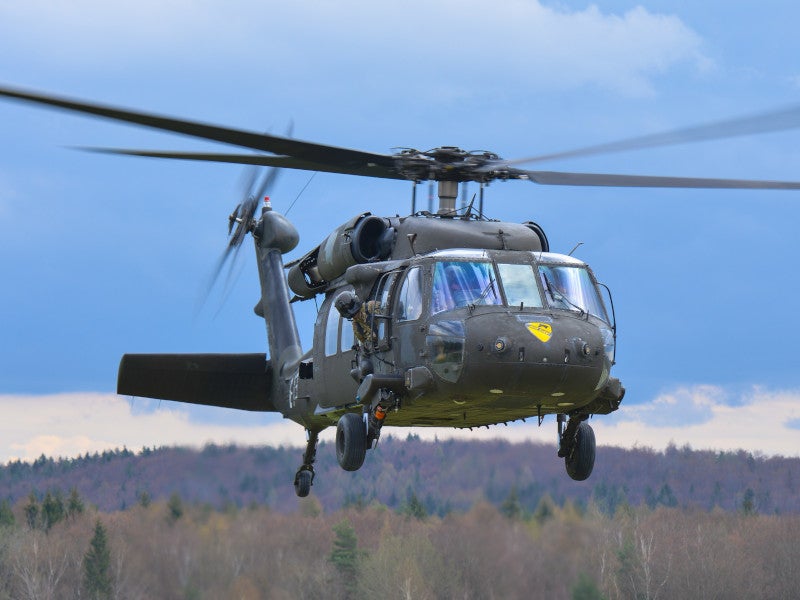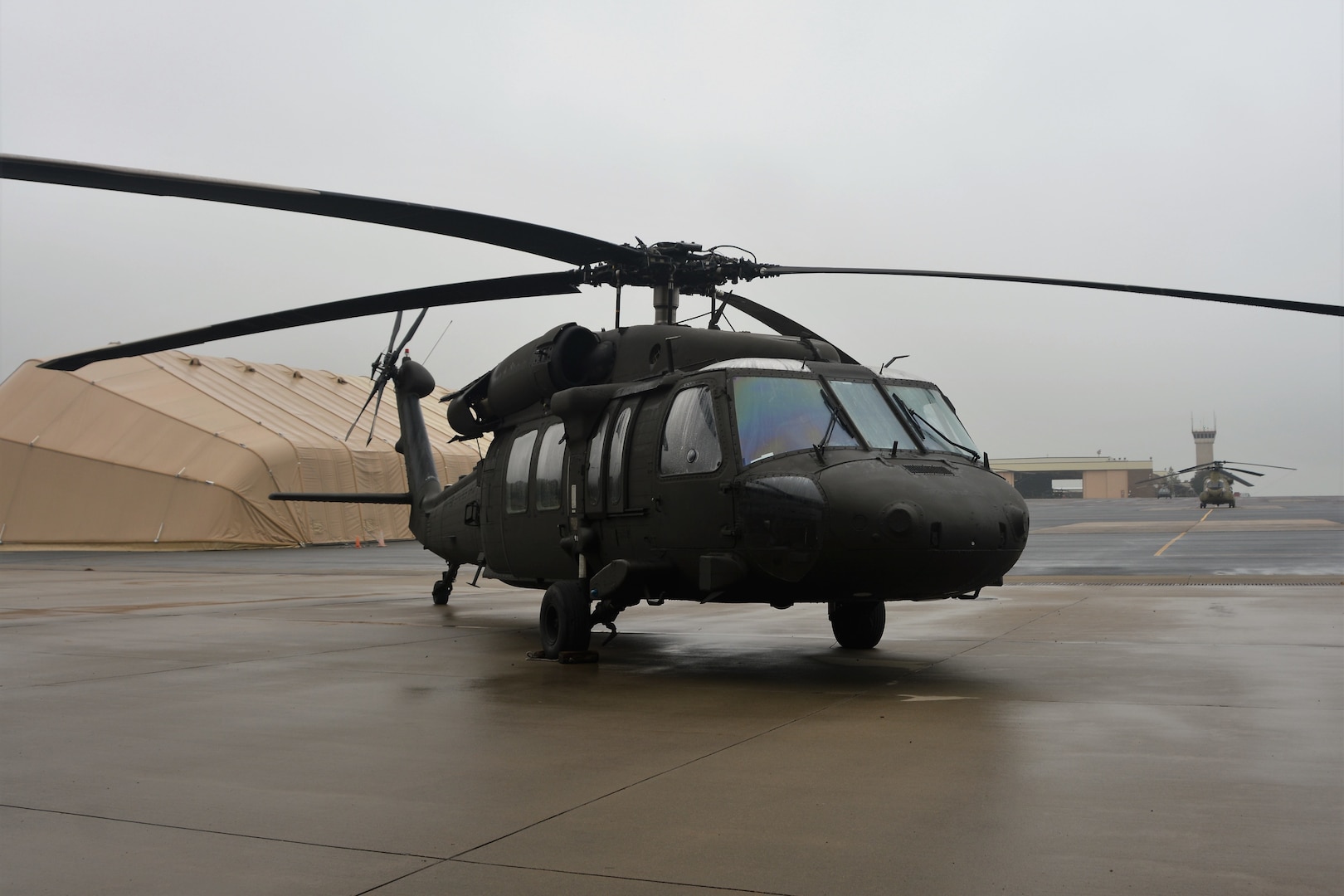UH 60 Black Hawk: From Principle to Modern Applications
UH 60 Black Hawk: From Principle to Modern Applications
Blog Article
The Influence of Sustainable Practices on the Future of Airplane Workflow and Emissions Reduction
As the aviation market deals with boosting analysis over its environmental effect, the fostering of sustainable methods arises as a critical pathway toward future aircraft procedures and discharges decrease. Innovations in sustainable air travel fuels and developments in crossbreed propulsion technologies stand at the forefront of this transformation, appealing considerable decreases in greenhouse gas exhausts.

Introduction of Sustainable Practices
Lasting techniques in airplane procedures include a variety of methods focused on decreasing environmental impact while maintaining operational performance. These methods are important in the aeronautics market's commitment to lessening its carbon impact and adhering to global ecological criteria. Key campaigns include optimizing flight paths to lower gas usage, enhancing maintenance methods to guarantee aircraft run at peak effectiveness, and carrying out advanced technologies such as winglets and light-weight materials that improve the rules of aerodynamics.

Involving and educating staff on sustainability methods likewise play an essential role, promoting a society of ecological responsibility within organizations. Generally, the assimilation of these sustainable practices not only helps in reducing emissions yet likewise boosts the lasting viability of the aviation market, guaranteeing it fulfills the needs of both clients and regulative bodies while adding to global sustainability objectives.
Cutting-edge Gas Alternatives
Numerous innovative fuel options are emerging as essential options to lower the aeronautics sector's dependence on traditional fossil fuels. Among these alternatives, Sustainable Air travel Fuels (SAFs) have acquired considerable attention because of their prospective to lower lifecycle greenhouse gas emissions by up to 80% compared to conventional jet fuels. SAFs are obtained from different feedstocks, including waste oils, agricultural residues, and even algae, making them a versatile alternative for the industry.
Another encouraging option is hydrogen fuel, which, when made use of in fuel cells, produces just water vapor as a byproduct. In addition, electrical propulsion systems are being checked out, leveraging battery innovation to power aircraft.
Last but not least, biofuels originated from biomass are being explored, providing a renewable alternative that can be blended with typical fuels. Jointly, these innovative fuel options stand for a vital step towards accomplishing a lasting air travel ecosystem, straightening with global exhausts reduction targets and boosting the industry's ecological stewardship.
Technological Improvements in Aviation

Exactly how can technical improvements improve the future of aviation? The combination of sophisticated technologies is pivotal in changing airplane procedures, enhancing efficiency, and minimizing exhausts. Developments such as electrical and hybrid propulsion systems go to the forefront, appealing substantial decreases in gas intake and greenhouse gas emissions. These systems utilize improvements in battery technology and energy management, enabling airplane to run with a reduced environmental impact.
Additionally, the application of advanced products, such as light-weight composites, adds to enhanced aerodynamics and gas efficiency. The usage of expert system and equipment knowing in flight operations maximizes course preparation and minimizes fuel burn by enabling real-time changes based on weather condition and web traffic problems. Furthermore, the development of self-governing and from another location piloted aircraft systems stands to revolutionize cargo and traveler transportation, potentially increasing effectiveness while reducing human mistake.
Furthermore, lasting air travel modern technologies, consisting of advanced air web traffic management systems, can reduce and simplify operations blockage, bring about lower exhausts during flight. These improvements collectively represent a standard change in aviation, guaranteeing a future where sustainability and functional performance are linked, thereby supporting the market's dedication to reducing its environmental effect.

Regulative Structure and Conformity
Taking into account the expanding focus on ecological stewardship within the aeronautics field, the governing structure controling airplane procedures is advancing site to advertise lasting methods. Regulative bodies, such as the International Civil Air Travel Organization (ICAO) and different national aeronautics authorities, are presenting rigid guidelines focused on minimizing discharges and improving operational efficiency.
These regulations frequently include the fostering of Lasting Air travel Fuel (SAF), which has been recognized as a key part in attaining lower carbon footprints. Furthermore, conformity with these laws needs airlines to implement functional methods and sophisticated modern technologies, such as optimized trip courses and boosted air web traffic management, to reduce gas consumption.
In addition, the enforcement of discharges trading plans and carbon offsetting campaigns is ending up being increasingly widespread, compelling airline companies to keep track of and report their exhausts precisely. Non-compliance can cause considerable fines, therefore pressing operators to focus on sustainability in their business designs.
Ultimately, the progressing governing landscape not only drives technology and investment in eco-friendly technologies however additionally fosters a society of liability within the aviation market. As these structures continue to establish, the emphasis on sustainable practices will be integral to achieving the industry's lasting environmental goals.
Future Patterns in Airplane Operations
As the air travel market adapts to a significantly strict regulative setting, future fads in aircraft operations are readied to concentrate on cutting-edge solutions that additionally boost sustainability and performance - uh 60. Key developments will likely include the fostering of innovative air website traffic management systems, which utilize real-time data and expert system to maximize trip courses, minimizing gas intake and emissions
Another significant trend is the raised combination of sustainable air travel gas (SAFs) These options to standard jet gas, acquired from eco-friendly resources, can dramatically decrease lifecycle greenhouse gas exhausts. The sector's dedication to SAFs will likely accelerate as airline companies team up with fuel producers to guarantee schedule and cost-effectiveness.
In addition, the push towards electrification and hybrid propulsion systems is gaining momentum. Arising airplane styles will integrate these innovations, providing quieter and more efficient procedures, specifically for short-haul trips.
Final Thought
The adoption of lasting air travel fuels, paired with developments in electrical and hybrid propulsion systems, is crucial for lessening lifecycle greenhouse gas discharges. Optimizing flight paths and welcoming innovative technologies contribute to a quieter and much more eco friendly air travel field.
Developments in lasting aviation fuels and innovations in hybrid propulsion innovations stand at the center of this change, promising substantial decreases in greenhouse gas exhausts.Numerous ingenious gas alternatives are arising as pivotal solutions to lower the aviation market's dependence on traditional fossil fuels - uh 60. Amongst these choices, Sustainable Aviation Fuels (SAFs) have actually obtained significant interest due to their prospective to lower lifecycle greenhouse gas exhausts by up to 80% compared to conventional jet fuels.One more substantial fad is the increased combination of sustainable air travel gas (SAFs) The fostering Get More Information of lasting aviation fuels, coupled with developments in hybrid and electrical propulsion systems, is crucial for minimizing lifecycle original site greenhouse gas emissions
Report this page